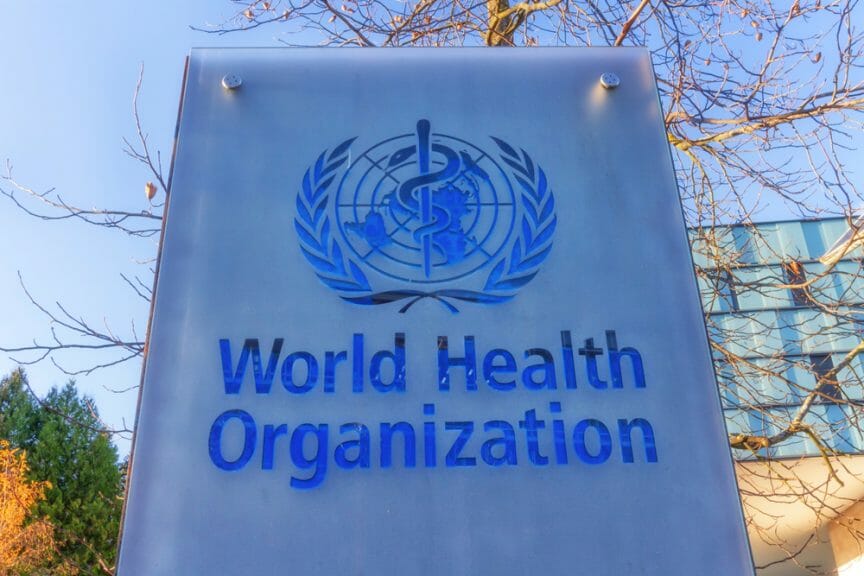After approximately four years of the globe being enwrapped with the handling and containment of this new virus, the World Health Organization finally formally announced that it is no longer a global health emergency.
Merely three years ago, in January 2020, the World Health Organization declared that the virus had reached its highest level of contamination and danger to humankind.
Countries had been in and out of lockdown in drastic efforts to contain a virus never before encountered, with extensively high contamination and mortality rates.
New Fears
At least seven million people have been recorded dead caused by viral contamination.
Dr Tedros Adhanom Ghebreyesus, a formal representative of WHO, claims that the real figure is more likely close to 20 million deaths since 2019 – which is three times as much as the official figure.
This is because contracting the virus tended to augment pre-existing vulnerabilities in people with compromised immunity.
In January 2021, the peak was 100,00 people dead by the virus per week.
The fears of contracting this virus were ripe amongst communities. For some people, contracting the virus was purely asymptomatic, but for others with compromised immunity or of older age, could mean death.
A lack of trust and tension divided communities, as everyone was confined to the four walls of their flat. However, it also brought a greater understanding of the importance of socialization and the importance of being close to your family and friends, and balcony serenades garnered a whole new meaning.
New Hope
Dr Tedros was responsible for officially claiming the end of the global health emergency. He claims it was a difficult decision to make, advised to him by the Emergency Committee already 14 times prior before he accepted to claim the end of the emergency.
The hesitation is due to the fact that although it is no longer an ’emergency’ in the highest state of alert, this does not mean that the danger is over.
The worst thing any country can do now is to use this news as a reason to let down its guard, to dismantle the systems it has built, or to send the message to its people that Covid-19 is nothing to worry about.
Dr Tedros, BBC News
Is it truly over?
When WHO first declared the global emergency, many countries coordinated together to control the virus best – closing borders, implementing vaccines, and sharing resources. However, now, individual countries will be responsible for managing Covid to the best abilities of their own people.
Unfortunately, not many countries have the same access to resources to control the contamination of Covid. This was made particularly evident when vaccines were introduced, and many countries in need did not receive doses.
In total, WHO claims the number of doses distributed reached 13 billion.
However, the number of total confirmed Covid infections recorded worldwide was 765 million. This number is definitely harder to calculate, as many young people were asymptomatic, or when the height of contamination decreased, many that suffered a ‘common cold’ did not get checked for Covid-19.
Dr Mike Ryan, a member of the WHO health emergencies programme, states that he does not believe the threat is over:
We fully expect that this virus will continue to transmit and this is the hitory of pandemics. It took decades for the final throes of the pandemic virus of 1918 to disappear. In most cases, pandemics truly end when the next pandemic begins.
Dr Mike Ryan, BBC News
What we can do now is hold on to this hope as an inspiration to reclaim our lives; however, remember to stay vigilant, wash our hands, and check our health regularly.
Read here on China’s Zero-Covid strategy.













